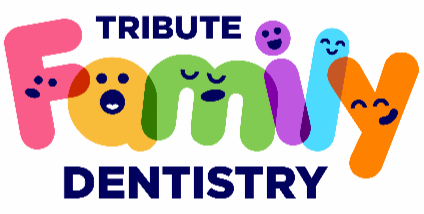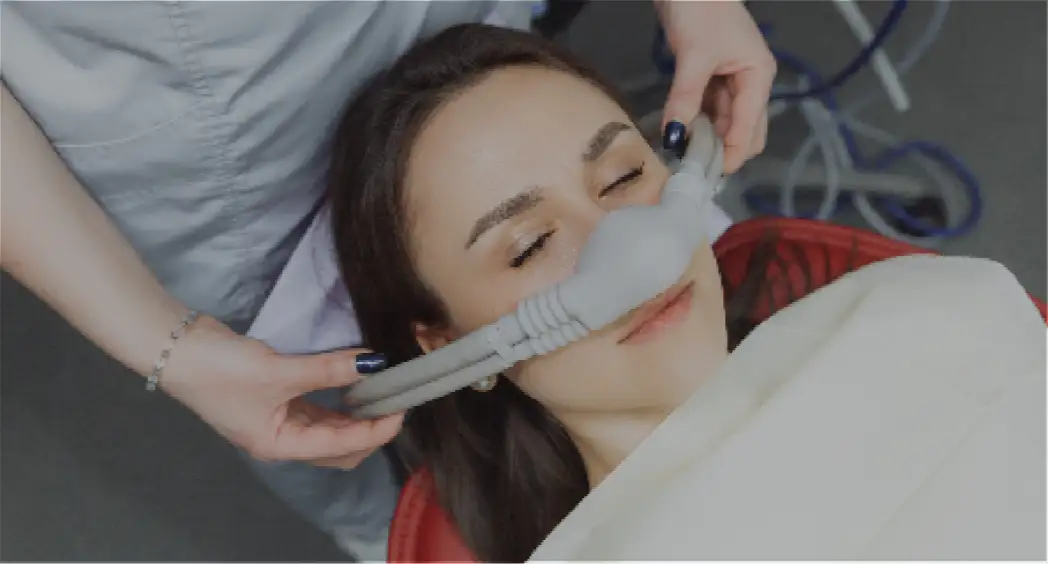Does Laughing Gas Knock You Out? Understanding Nitrous Oxide in Dentistry
Laughing gas, also known as nitrous oxide, is one of the most commonly used mild sedatives in dental care. But does laughing gas knock you out completely? The short answer: No. While it can make you feel light-headed, giggly, or deeply relaxed, it does not render you unconscious.
😮 What Does Laughing Gas Do to You?
Nitrous oxide works by slowing the body’s response to pain and reducing anxiety. It’s inhaled through a laughing gas mask and typically takes effect within minutes.
- You may feel floaty or tingly
- Some people report feeling warm or mildly euphoric
- You stay awake and can respond to your dentist
It’s a popular choice for both kids and adults who feel nervous at the dentist. It can also reduce the pain and discomfort of dental procedures without putting you fully to sleep.
❌ Why Laughing Gas Is NOT General Anesthesia
While some wonder about laughing gas vs anesthesia, it’s important to understand the difference:
- Laughing gas (nitrous oxide) keeps you conscious
- General anesthesia puts you completely under
That means nitrous is considered a safer, low-risk option for many routine dental procedures.
🧠 Side Effects of Laughing Gas (and the Day After)
Most people feel back to normal within 5–10 minutes after the gas is stopped. But some may notice:
- Light-headedness or dizziness
- Nausea (especially if not fasting)
- Feeling sleepy or giggly
Laughing gas side effects next day are very rare but can include grogginess or mood swings. Always follow your provider’s instructions.
🤔 Can You Still Feel Pain with Laughing Gas?
Yes, but it’s typically reduced. Nitrous oxide raises your pain threshold and creates a calming effect. Dentists often pair it with local anesthesia for more invasive procedures.
😬 Do You Act Weird on Laughing Gas?
Everyone reacts a little differently. Some people giggle, some get chatty, and others might even cry.
Is it normal to cry on laughing gas? Yes. Nitrous can release emotions as it relaxes you. The effects wear off quickly and are nothing to be embarrassed about.
🚫 Who Should Avoid Nitrous Oxide?
While laughing gas is safe for most people, you should avoid it if you:
- Are pregnant (especially first trimester)
- Have a history of B12 deficiency
- Have breathing problems like COPD
- Are under the influence of drugs or alcohol
Always disclose your full health history to your dentist before receiving nitrous oxide.
❓ Does Laughing Gas Show Up on a Drug Test?
No, nitrous oxide typically does not appear on standard drug tests. However, frequent recreational use is dangerous and can have serious neurological consequences.
🚗 Can You Drive After Laughing Gas?
Most dental offices will ask you to wait about 15 minutes after the procedure. Because laughing gas wears off quickly, many patients can safely drive themselves home — unlike with anesthesia or strong sedatives.
💭 Why Do Some People Cry After Anesthesia?
Unlike nitrous, general anesthesia can cause emotional confusion, grogginess, and disorientation upon waking. That’s why people may cry, laugh, or say unusual things while recovering.
🤯 Is Laughing Gas Bad for Your Brain?
Used occasionally in medical settings, it’s safe. But chronic or recreational use of nitrous oxide can deplete vitamin B12 and harm the brain or spinal cord. Always use it under professional supervision.
💬 Final Thoughts
Laughing gas doesn’t knock you out — but it does make dental visits far more manageable. It’s fast, effective, and wears off quickly. If you’re considering nitrous for an upcoming dental visit, speak to your dentist about your health history and preferences.
Tribute Family Dentistry offers gentle, judgment-free dental care with nitrous oxide available for kids, teens, and adults. Want to learn more? Contact us here to schedule a visit.



